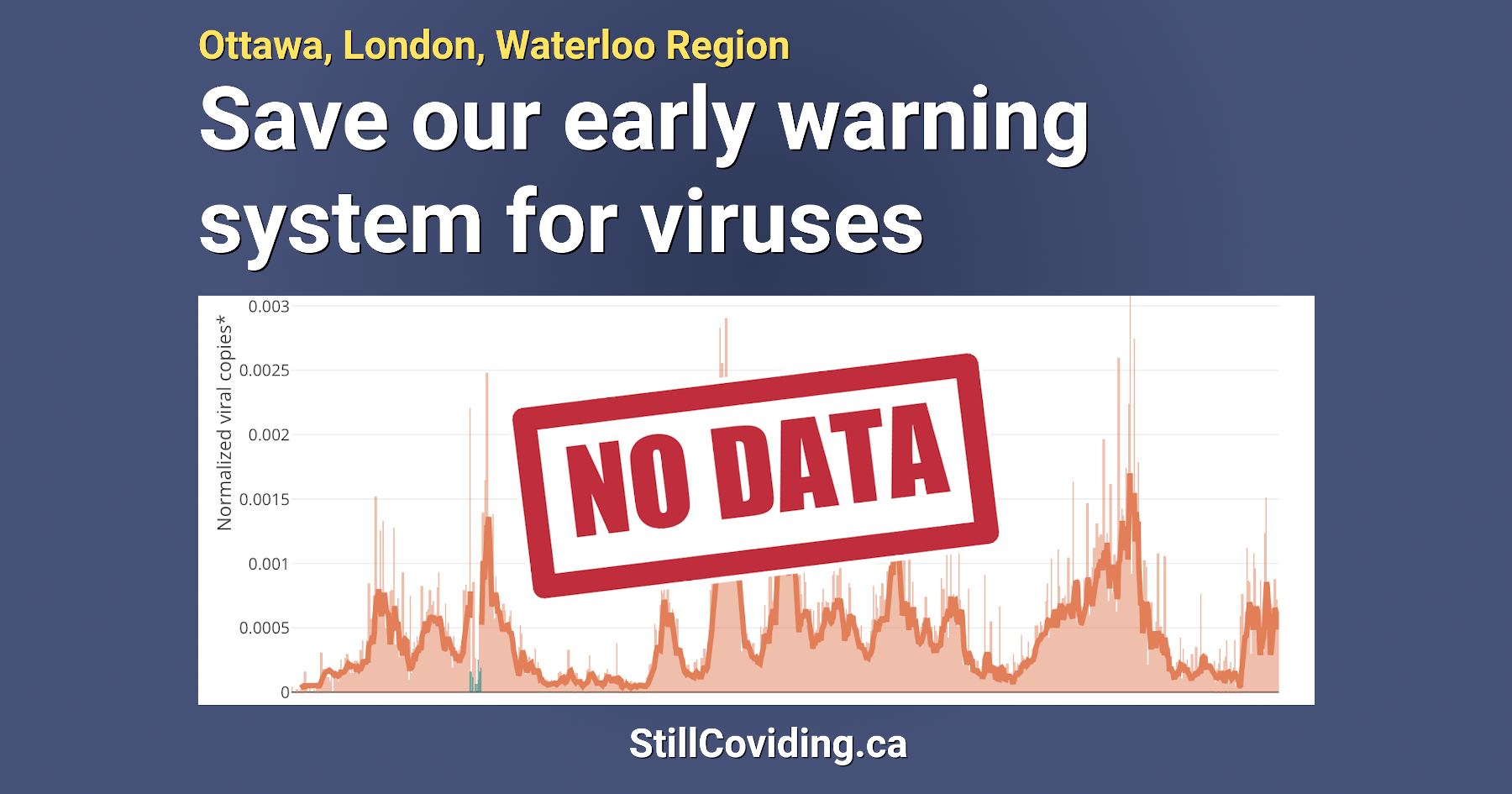The Trump administration’s enormous cuts to a global AIDS relief program threaten to upend the planned rollout of a groundbreaking HIV prevention drug that was expected to save countless lives.
The medicine, lenacapavir, made by Gilead Sciences, has caused a stir because clinical trial data showed a single set of injections every six months could provide virtually complete protection against infection, a form of prevention known as pre-exposure prophylaxis, or (PrEP). The drug, which is under regulatory review, has raised hopes that the deadly infectious disease can be mitigated around the globe. Early data for an even newer formulation suggest it might need to be given only once a year. “This is magical,” UNAIDS chief Winnie Byanyima declared last year.
Comments closed
